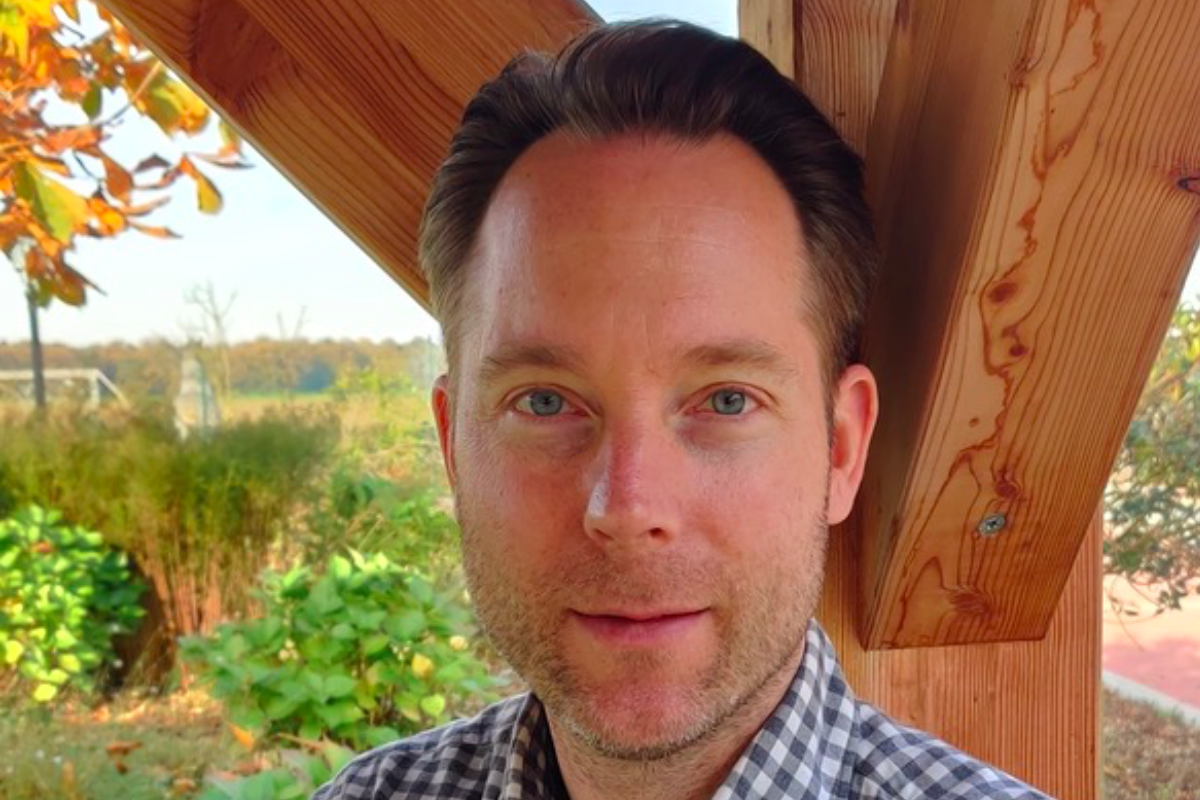Mirco Iwan: «Barcelona is ideally placed for working in Europe»

Mirco Iwan is 43 and married to a Peruvian he met in Barcelona. They have recently had their first child. He was born near Düsseldorf, but over the last 20 years, he has lived in Frankfurt, Munich, Zurich, Milan and Dubai, among other cities. For the last 8 years he has lived in Barcelona. He works in corporate restructuring for investment funds and has been CEO and advisor in a number of different companies, including Eismann and Seven Seas here in Spain, and other companies in Italy, Morocco, Dubai, Switzerland, and Germany.
Why did you choose Barcelona?
I fell in love with Barcelona during my MBA at ESADE in 2010. When I finished the MBA, there were not many opportunities to stay in Barcelona, but in 2013 I received an offer to return to Barcelona to work as CEO for Eismann, a German frozen food company. I have remained in the city since then, although for the last few years I have had to travel outside Barcelona during the week. For my profession, Barcelona has a good transport infrastructure and is perfectly located in the center of Europe.
What are Barcelona’s best features?
Apart from the infrastructure and connections with Europe, the climate is clearly the number one argument for living in Barcelona. We also really enjoy the multitude of events, culture and sports that Barcelona and its surroundings have to offer. You can’t do everything; you have to make a choice, which can be difficult. I find that the city’s level of cleanliness and cultural attractiveness is improving every year. Lastly, Barcelona is perfect for maintaining international relations because everyone tries to visit the city from time to time.
What aspects of the city do you think need to be improved? And how?
As in every city in the world, there are areas for improvement. The traffic during rush hour, for example, can be exhausting. And it seems that robberies have increased in recent years and there the laws are too weak to prevent them and there are few resources. Although the administration and bureaucracy is now much more digitised, it still takes a lot of time and patience to communicate with the different public authorities.
What do you think will help the city get over the Covid crisis?
Speaking for myself, Covid has given me the opportunity to travel less and enjoy life at home much more. By spending more time outdoors, you feel much better protected from infection. I also have the feeling that, although the rules were very strict at the beginning, life has returned to normal more quickly than in other European capitals.
What challenges do you think the city will face once the health emergency has died down?
It is noticeable that many small and medium-sized businesses have suffered during this time and that a lot of premises in the city have been abandoned. It’s a great loss, because one of the main attractions of Barcelona are the traditional small businesses that until now have been able to stand up to the big international chains.
What do you expect from Barcelona in the coming years?
As a new father, I hope that the government will allocate more resources to security, bureaucracy, new industries, and new technologies. On a regional and national level, I hope that one day there will be a more sustainable, transparent political situation that makes it possible solve the problems of this century in a more constructive manner.
Which city do you feel is home, and what do you miss most?
Barcelona is definitely now my family’s chosen home. We have many friends here and we bought a property as we think it is a good place to raise our daughter. The only thing I really miss about Germany is the bread. There is a huge potential for improvement here, but the countless advantages more than make up for any problems there might be.
If you want to know the latest English news about Barcelona and the people who bring it to life, sign up to our Blog.








